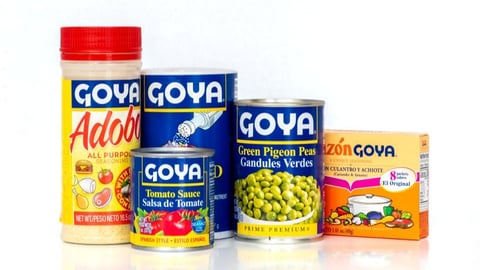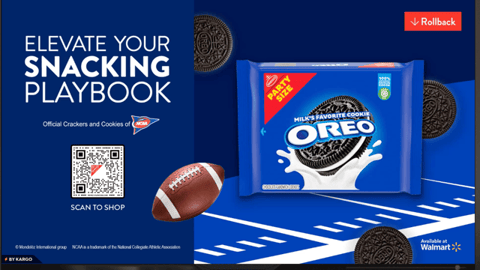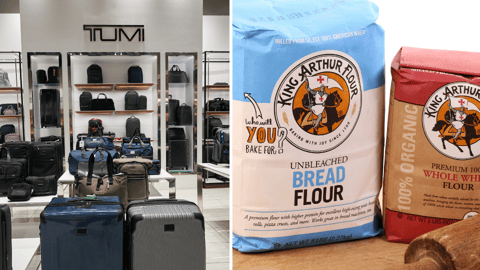AB InBev Growing B2B Platform — and Focusing On Consumers — to Maintain Momentum
AB InBev continues to leverage both its tech investments and its scale to navigate the pandemic in the face of dramatic consumer behavior shifts.
The tumult in the restaurant industry has had dramatic repercussions on the beverage category, and the No. 5 consumer goods company is advancing efforts to robustly serve the at-home market. It reported 4% revenue growth in the third quarter, to $13.17 billion. Gross profits dipped 0.4% for the period.
As the beverage company experiences acceleration in adoption of online B2B platforms, e-commerce and digital marketing, its previous investments in these areas are serving it well, said CEO Carlos Brito in an investors call.
The company is advancing “toward being a truly customer- and consumer-centric organization,” Brito said. As part of this, it will continue digitizing customer relationships through its proprietary B2B digital ordering platform, known as BEES, and has begun expanding BEES across its portfolio.
With the BEES app, AB InBev customers have access to ordering, promotions, delivery information and more. As the company continues to add functionality to the platform, Brito called its potential very promising, with the number of users increasing nearly 40% in the previous quarter
“What used to be a pipeline where our products would go and cash would come back, now it's beginning to be more and more a platform where we can offer not only our products [and] other products in a marketplace format, but also a digital wallet and other services.”
AB InBev also continuing to invest in its e-commerce capabilities. “Consumer usage of our proprietary platforms and our third-party partnerships both dramatically accelerated over the past several months, establishing our e-commerce leadership in key markets,” said Brito. He noted that the company has more than double the share of its biggest competitor in China’s e-commerce channel, a region he described as the most developed e-commerce channel for beer.
AB InBev is finding new ways to connect with consumers as their behavior evolves through the pandemic, including consumer-targeted marketing campaigns executed through its in-house DraftLine agency and at-home fulfillment via its Zé Delivery courier platform in Brazil.
It’s rooting its innovation strategy around four pillars: superior products achieved through rigorous benchmarking and consumer testing prior to market introduction; sustainability for alignment with long-term trends; scalability and capitalizing on its global footprint; and “incrementality,” through which it’s tapping into new segments and differentiate its portfolio.
In line with other consumer goods companies, AB InBev has fast-tracked its innovation timeline. Whereas product development used to take up to two years, the company is now moving toward a 100-day concept-to-launch time line across all markets.
“We start with smaller local pilots, which allow us to gain critical learnings quickly by seeing how our product actually performs in market,” said Brito. “This gives us more confidence, but when we do decide to scale our winning innovations [it’s with] an approach we call ‘prove and move.’ Our strategy has resulted in a portfolio of differentiated innovations that address common consumer opportunities in growing mega trends like premiumization, health and wellness and purpose-driven brands.”
He later added: “The mantra is we go where consumers go because that's where growth is. And so that has been at the core of everything we do, and that starts with having good insights and placing bets on winning horses.”






